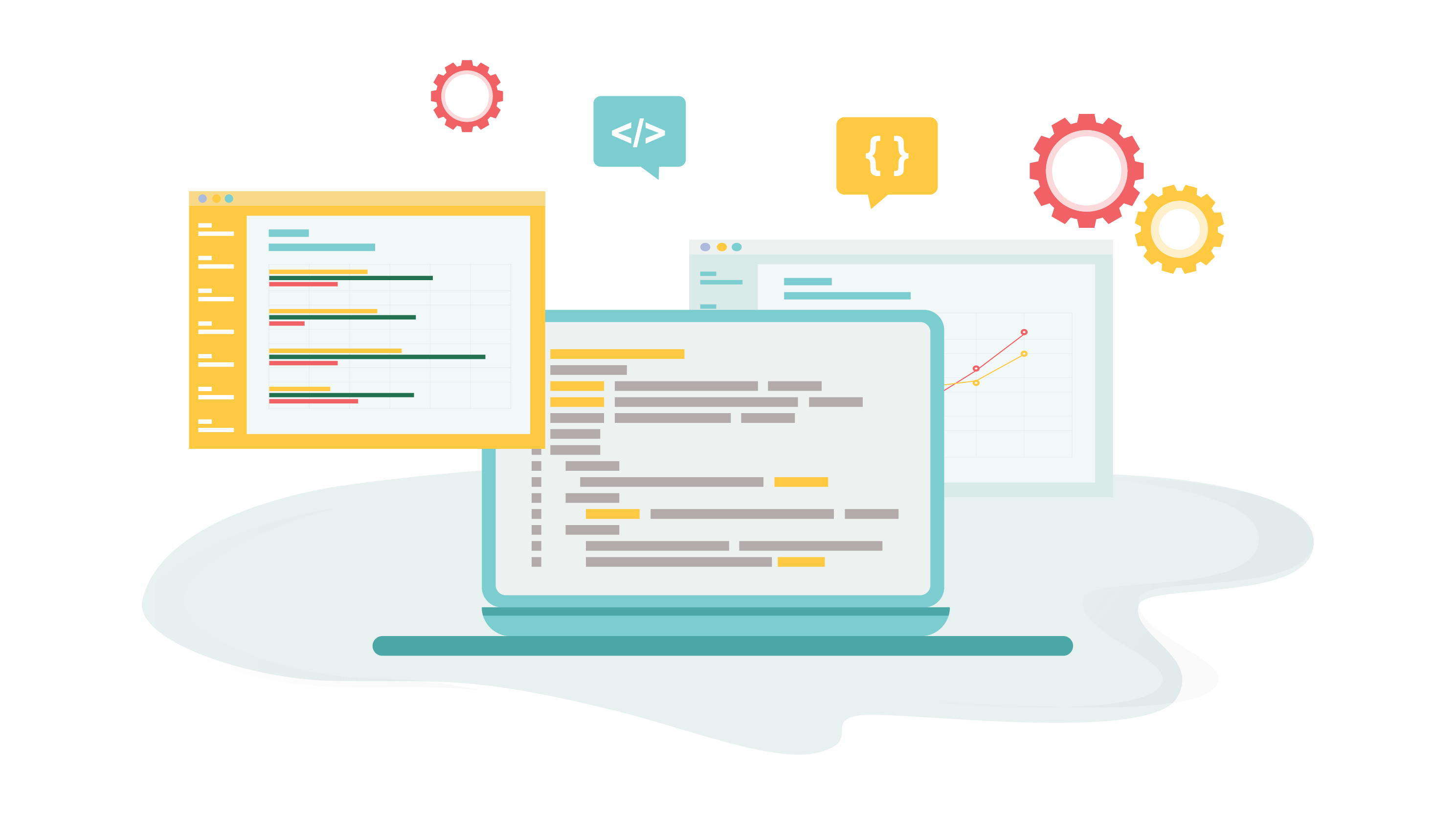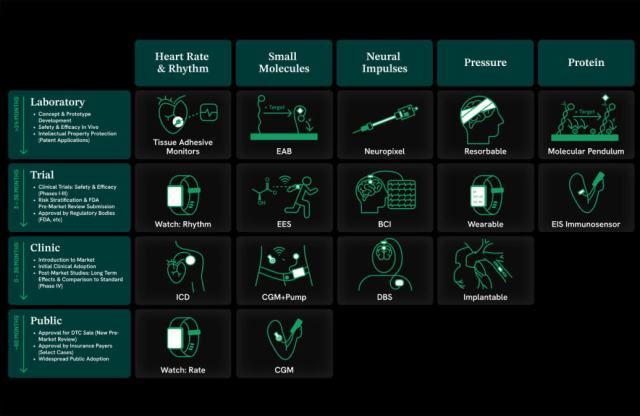Nov 14, 2019 · 3 min read
Chan Zuckerberg Initiative Awards $5 Million for Open Source Software Projects Essential to Science
New Grants Support Software Projects that Accelerate Biomedical Research and Serve the Larger Scientific Community

Today, the Chan Zuckerberg Initiative (CZI) announced $5 million in funding to support open source software projects that are essential to biomedical research. As part of CZI’s Essential Open Source Software for Science program, these grants will support software maintenance, growth, development, and community engagement for over 40 critical open source tools.
Open source software is crucial to modern scientific research, advancing biology and medicine while providing reproducibility and transparency. Yet even the most widely-used research software often lacks dedicated funding. With these grants, awardees will be able to hire additional developers, improve documentation, address usability, improve compatibility, onboard contributors, convene communities, and more.
“Open source software accelerates the work scientists carry out each day, whether it’s searching a genome sequence for a disease gene, tracking a disease outbreak, or counting cells in a microscope image,” said CZI Head of Science Cori Bargmann. “Scientists are only as good as their tools, and we’re thrilled to support open source projects that will benefit the entire scientific community and help every scientist be a better scientist.”
The 32 selected proposals include 42 total open source projects. Projects include tools for visualizing, analyzing, and managing data for research areas such as genomics, structural biology, cell biology, neuroscience, and more. View the full list of grantees.
CZI staff will further support awarded projects by convening grantee meetings and helping connect open source software developers to each other, other technical experts, and scientists, including other CZI-funded grantees and members of the broader scientific community.
CZI supports several areas of basic science and technology with the goal of making it possible to cure, prevent, or manage all diseases by the end of this century. The Essential Open Source Software program aims to support software tools in service of this mission through a series of RFAs. CZI will invite applications during two additional distinct cycles, with the second round opening on December 17, 2019 and the third round in June 2020.
Applications can request funding between $50,000 and $250,000 total costs. CZI will solicit applications for software projects that are essential to biomedical research, have demonstrated impact, and can show potential for continued improvement. CZI will consider two broad categories of projects:
- Domain-specific software for analyzing, visualizing, and otherwise working with the specific data types that arise in biomedical science (e.g., genomic sequences, microscopy images, and molecular structures); and
- Foundational tools and infrastructure that enable a wide variety of downstream software across several domains of science and computational research (e.g. numerical computation, data structures, workflows, and reproducibility). Foundational tools must have demonstrated impact on some area(s) of biomedical research.
Read our Medium post with learnings from this first RFA.
About the Chan Zuckerberg Initiative
Founded by Dr. Priscilla Chan and Mark Zuckerberg in 2015, the Chan Zuckerberg Initiative (CZI) is a new kind of philanthropy that’s leveraging technology to help solve some of the world’s toughest challenges — from eradicating disease, to improving education, to reforming the criminal justice system. Across three core Initiative focus areas of Science, Education, and Justice & Opportunity, we’re pairing engineering with grant-making, impact investing, and policy and advocacy work to help build an inclusive, just and healthy future for everyone. For more information, please visit chanzuckerberg.com.





